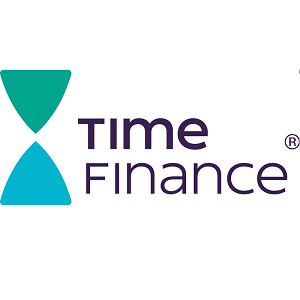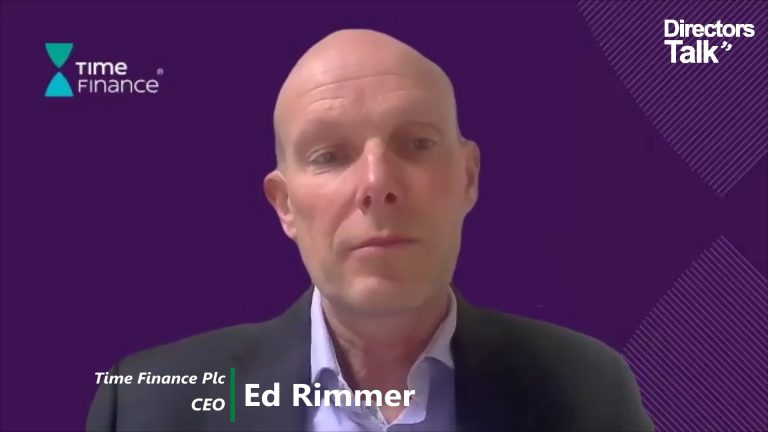A boardroom transformation often unfolds behind closed doors, where those intimately acquainted with the day-to-day operations decide it is time to put their own capital on the line. Rather than welcoming an external purchaser, this moment sees the leadership circle rally around a shared conviction in untapped potential, setting the stage for a transaction that can redefine both ownership and future direction.
From an investor’s perspective, the appeal of a management buyout lies in its inherent alignment of incentives. When those who have steered the business for years decide to take the reins, they bring not just their expertise but also a personal stake in every decision. This transition can avert the disruption that often accompanies external takeovers, preserving institutional knowledge and cultural continuity. For the outgoing owner seeking an orderly exit, it presents a seamless handover, bypassing the protracted search for buyers and the uncertainty of integration with an unfamiliar partner.
The mechanics of funding such a buyout weave together various forms of debt and working capital facilities. Asset-based lending underpins many deals, allowing a management team to leverage tangible holdings, be that machinery, property or stock, to unlock the capital required. At the same time, invoice finance can accelerate cash flow by advancing up to ninety-five per cent of outstanding invoices in as little as twenty-four hours, bridging gaps between payment cycles and ensuring liquidity immediately post-acquisition. Secured business loans, backed by either corporate or personal property, often form the cornerstone of the funding package, offering scale and competitive rates in exchange for collateral that reflects the true value of the enterprise.
Valuation sets the tone from the outset. Leadership and advisers will pore over historical earnings, industry comparators and EBITDA multiples to arrive at a fair price that balances risk and reward. Once both sides agree figures that reflect realistic growth forecasts, the due diligence phase deepens the scrutiny. This stage blends legal, financial and operational reviews, with management drafting a fresh business plan that outlines strategic priorities, revenue targets and efficiency gains. Lenders and potential equity partners will assess that blueprint closely, gauging the team’s capacity to deliver on promises and generate sufficient cash flow for debt servicing.
Securing financing then becomes an exercise in calibration. A syndicate of banks, specialist credit providers and private equity investors may each contribute to the capital stack, with terms negotiated around interest rates, amortisation schedules and governance rights. Management must ensure that the debt burden remains sustainable, avoiding over-leverage that could stifle investment or growth initiatives. At the same time, equity backers often seek milestones and covenants that protect their position and incentivise performance, creating a partnership dynamic rather than a purely transactional relationship.
Closing the deal involves more than signatures on a purchase agreement. Share transfer mechanics, regulatory filings and shareholder arrangements must all be ironed out to formalise the change in ownership. Once complete, the new owner-team steps into both board seats and balance-sheet responsibilities, ready to capitalise on their intimate understanding of markets, clients and suppliers. With the right mix of funding and governance, a management buyout can transform experienced executives into entrepreneurial custodians, driving growth with clarity of purpose.
A management buyout is not without challenges. The shift from employee to owner brings fresh pressures and demands rigorous financial discipline. Yet for investors, the combination of leadership continuity, asset-backed security and aligned incentives can create a compelling proposition. By carefully structuring debt, leveraging existing resources and maintaining a clear strategic roadmap, a well-executed MBO can unlock latent value and position the business for long-term success.
Time Finance plc (LON:TIME) is an AIM-listed business specialising in the provision or arrangement of funding solutions to UK businesses seeking to access the finance they need to realise their growth plans. Time Finance can fund businesses or arrange funding with their trusted partners through Asset Finance, Invoice Finance, Business Loans, Vehicle Finance or Asset Based Lending.








































